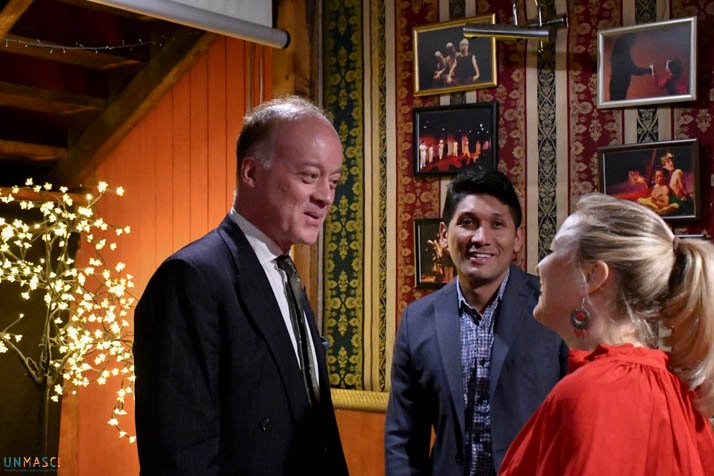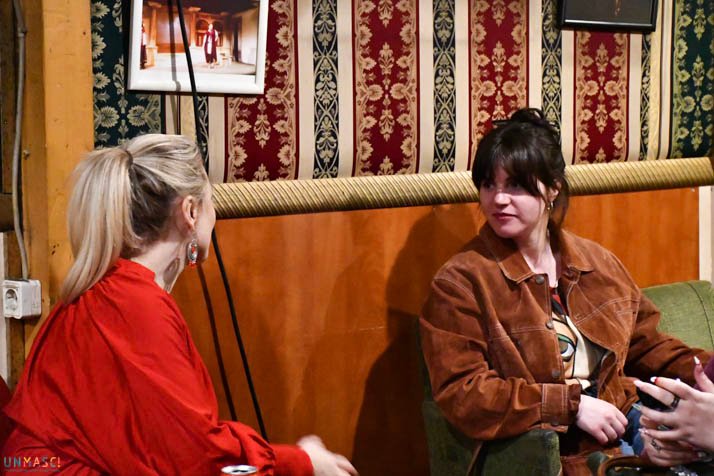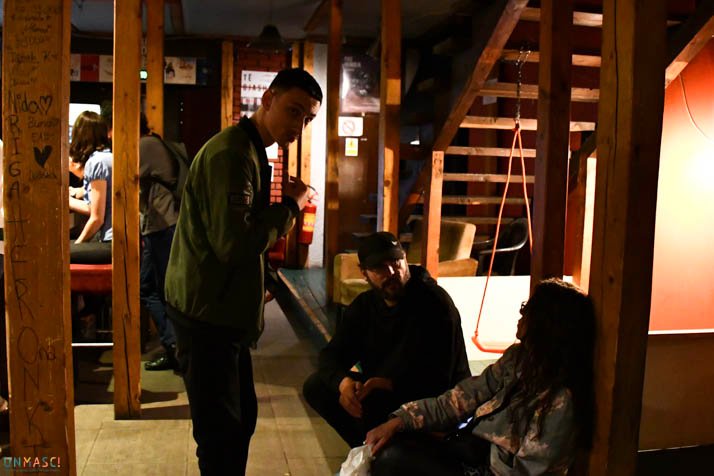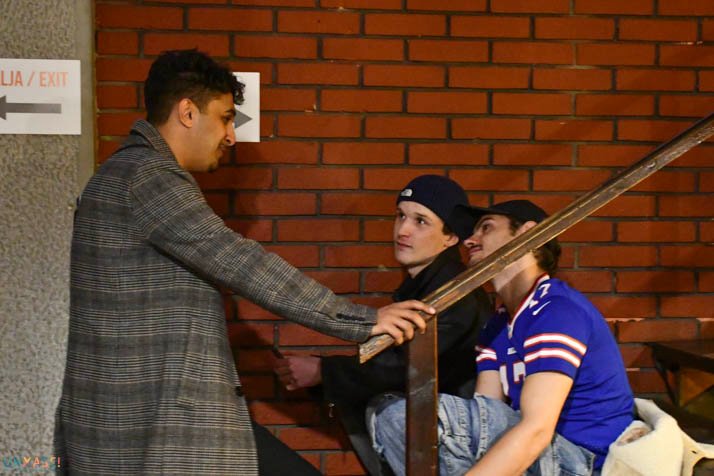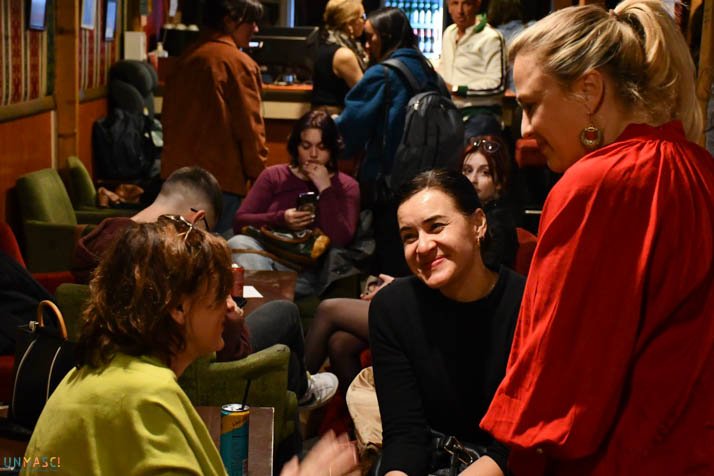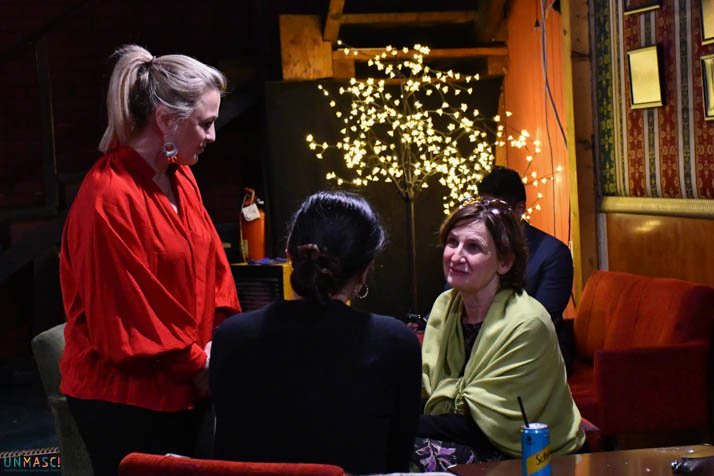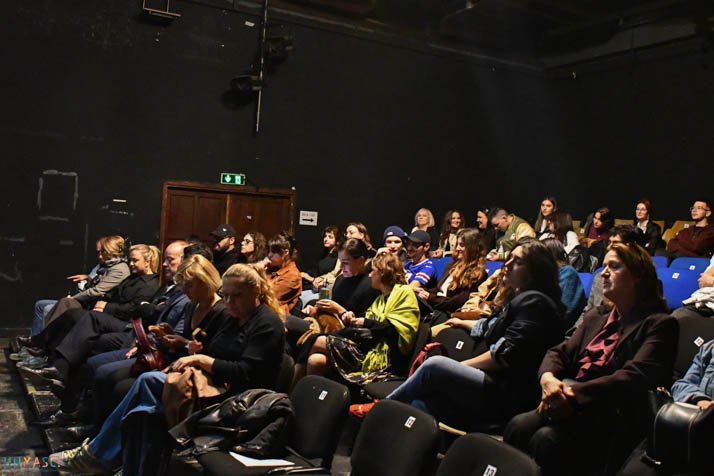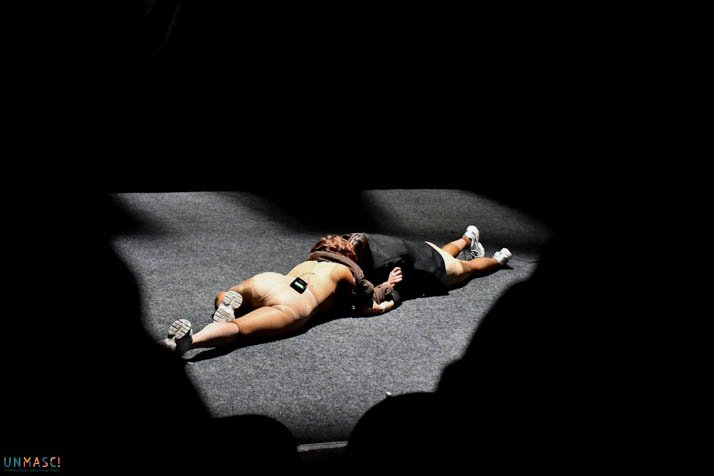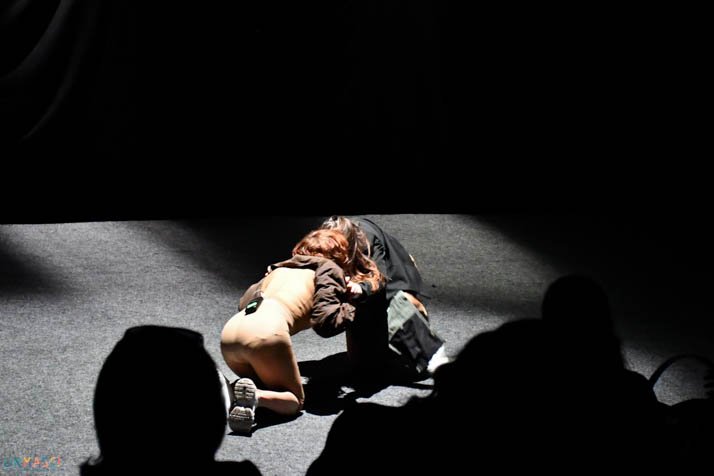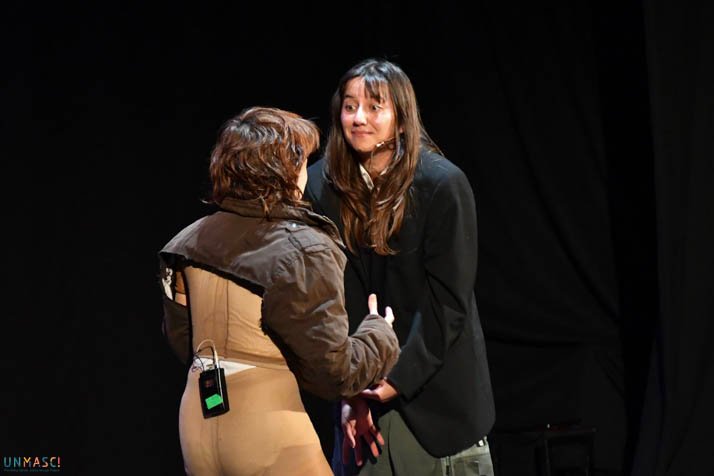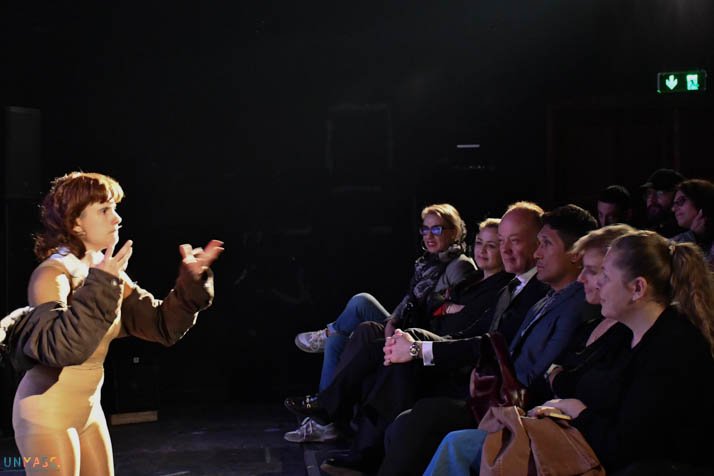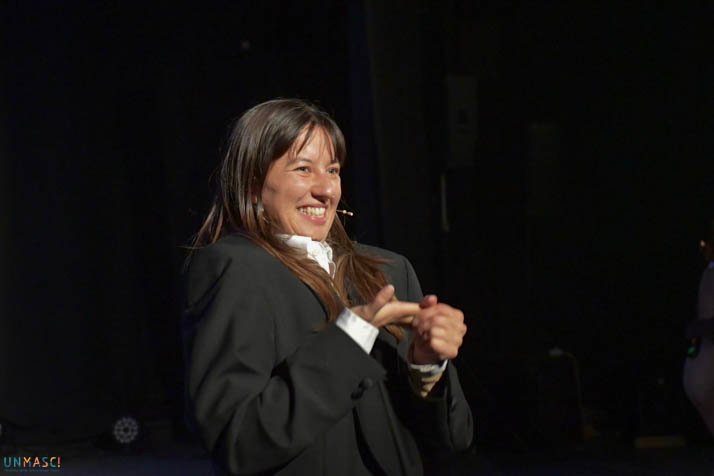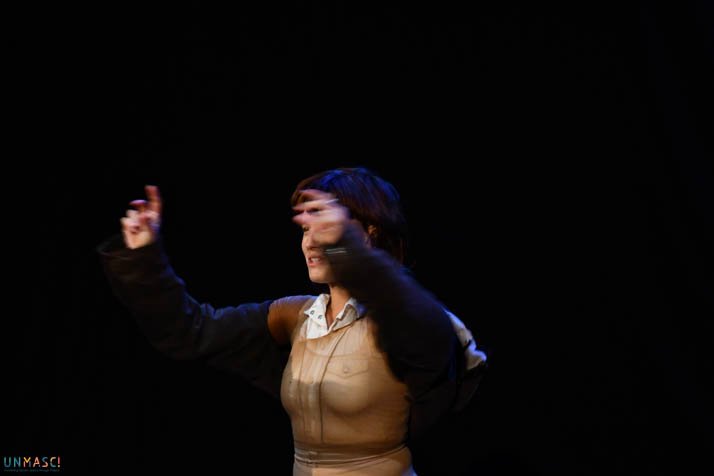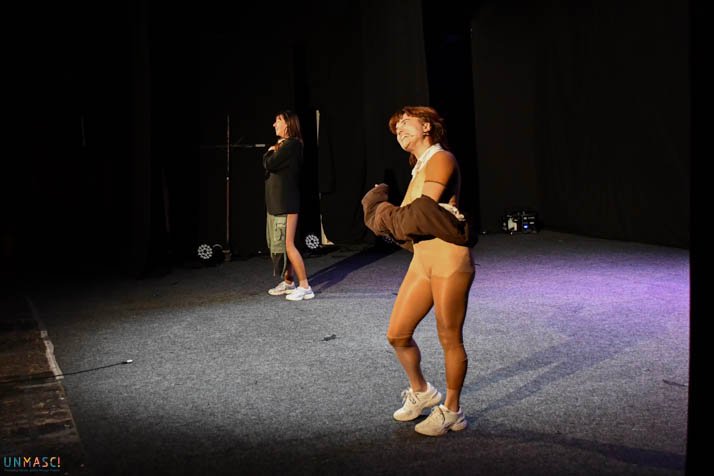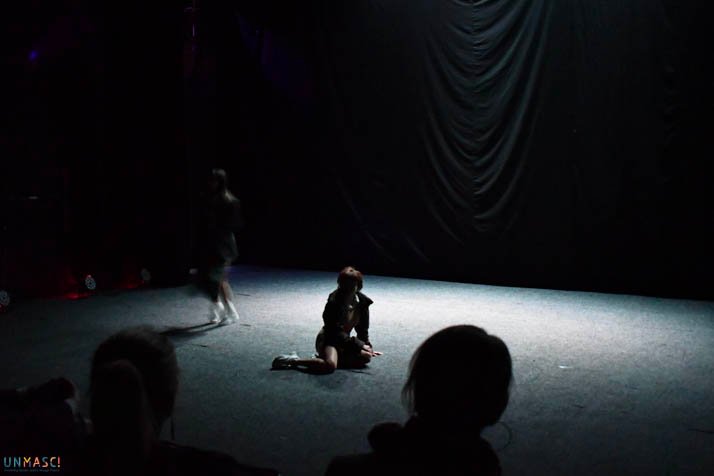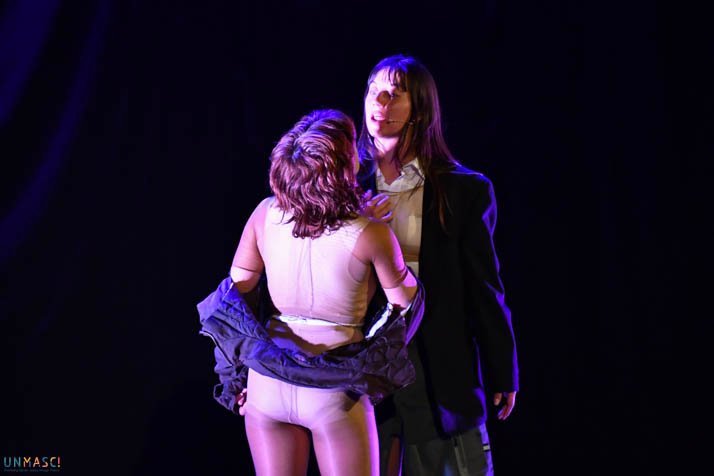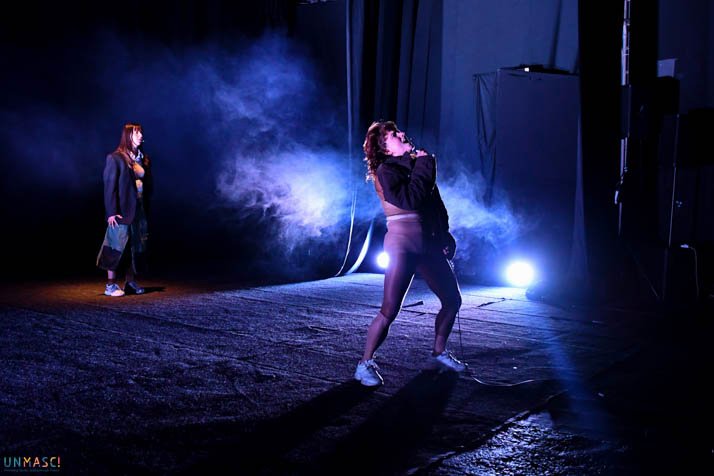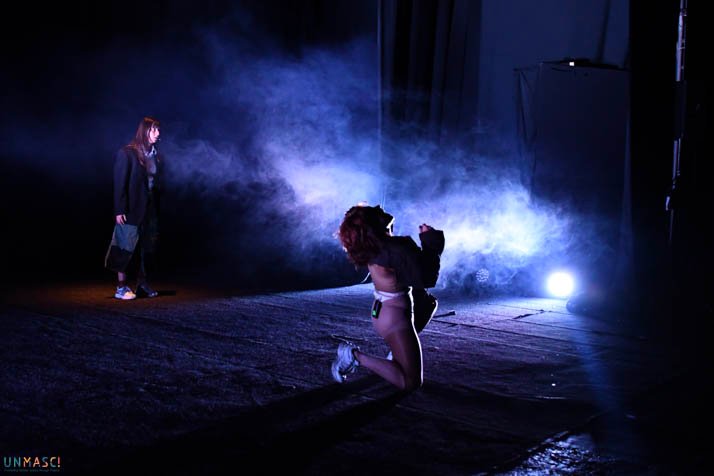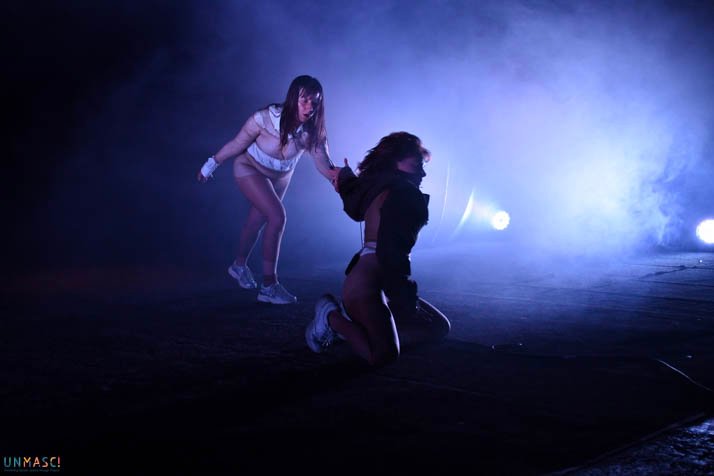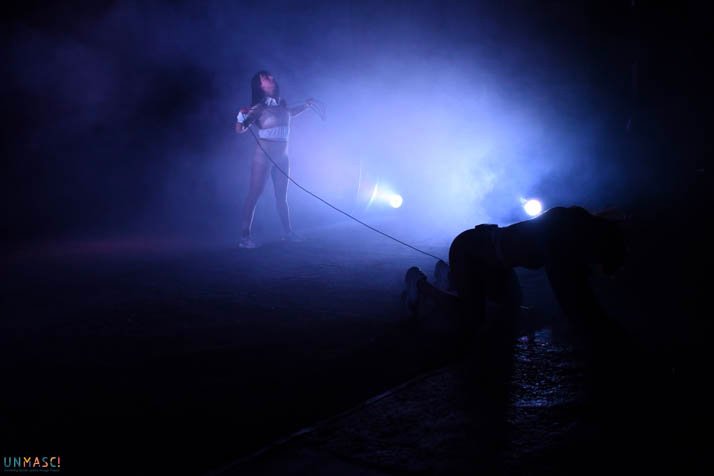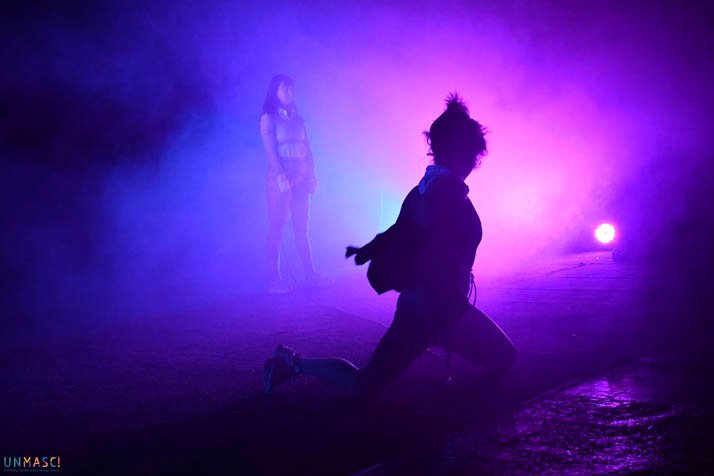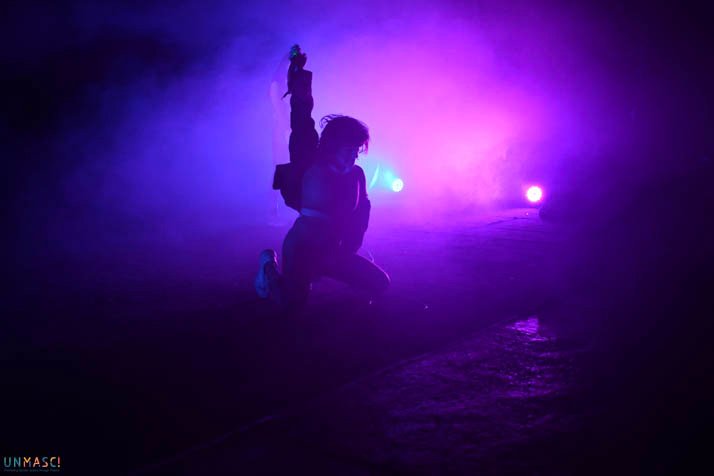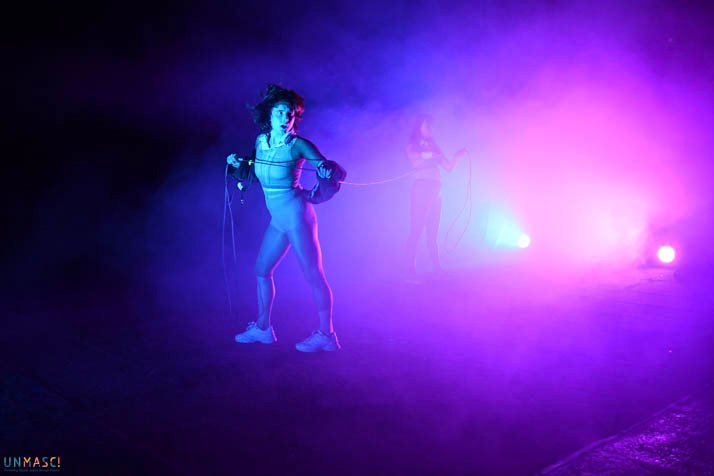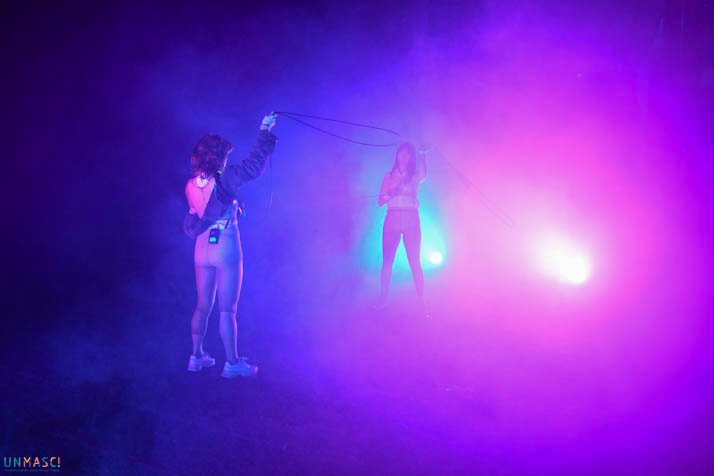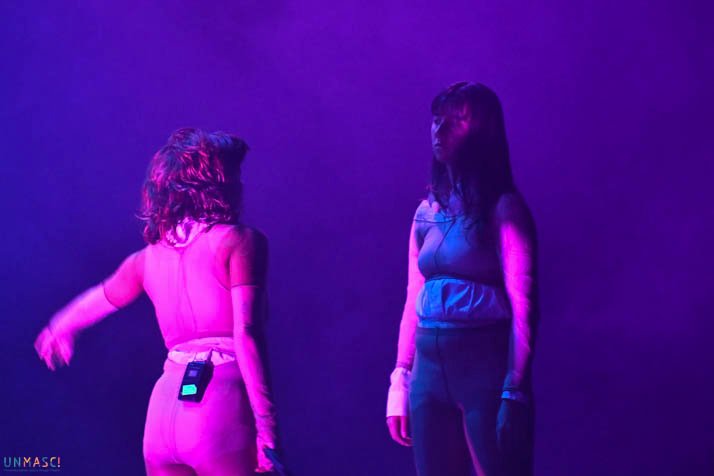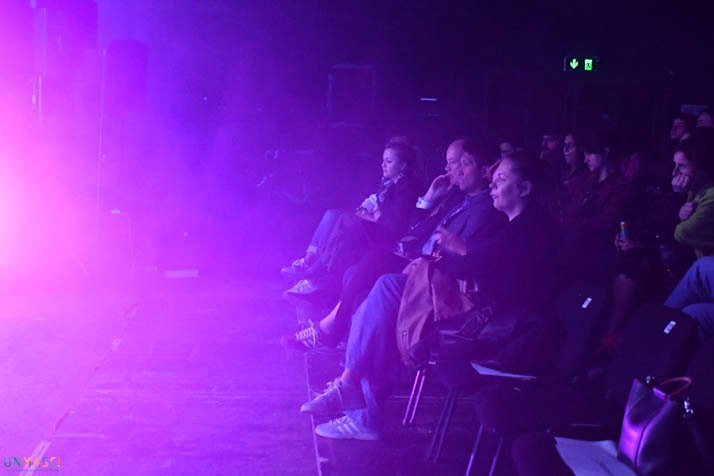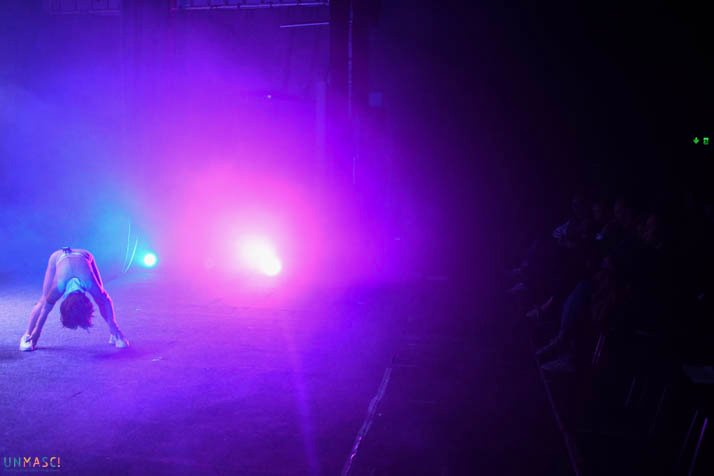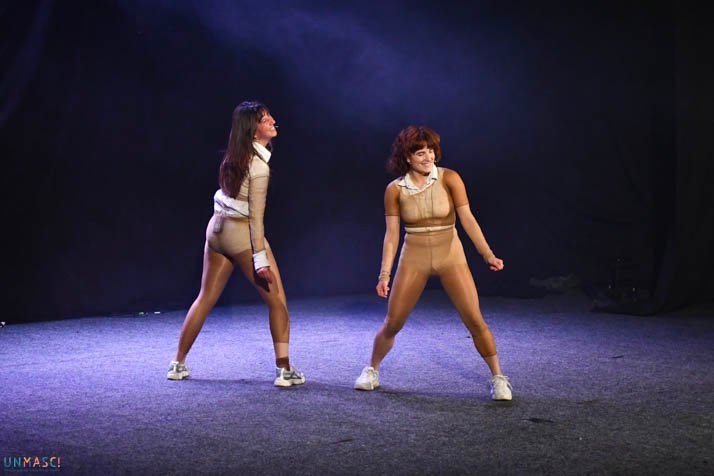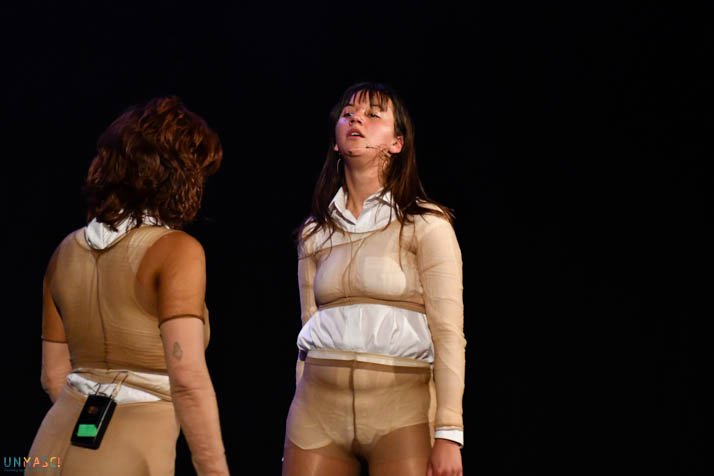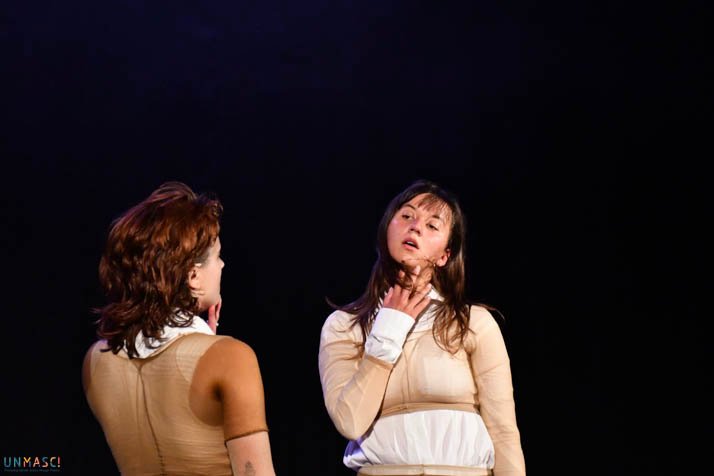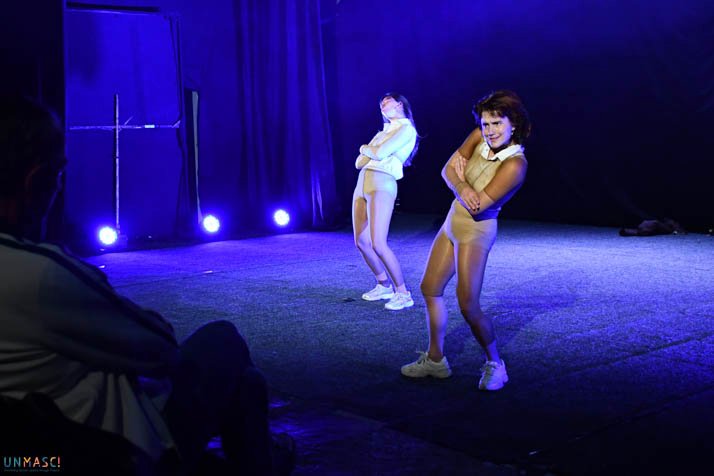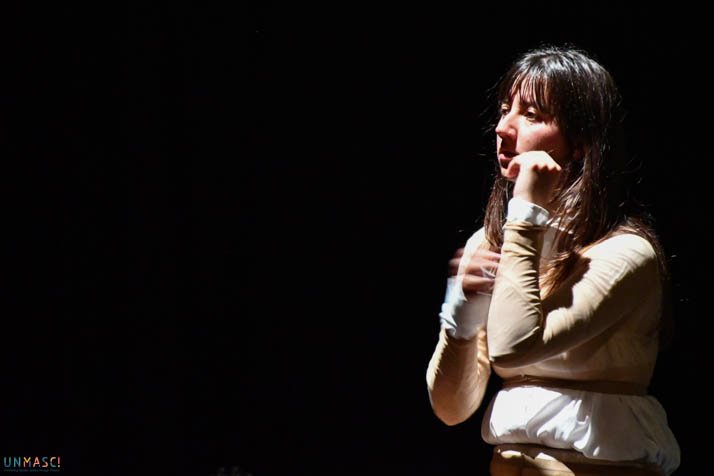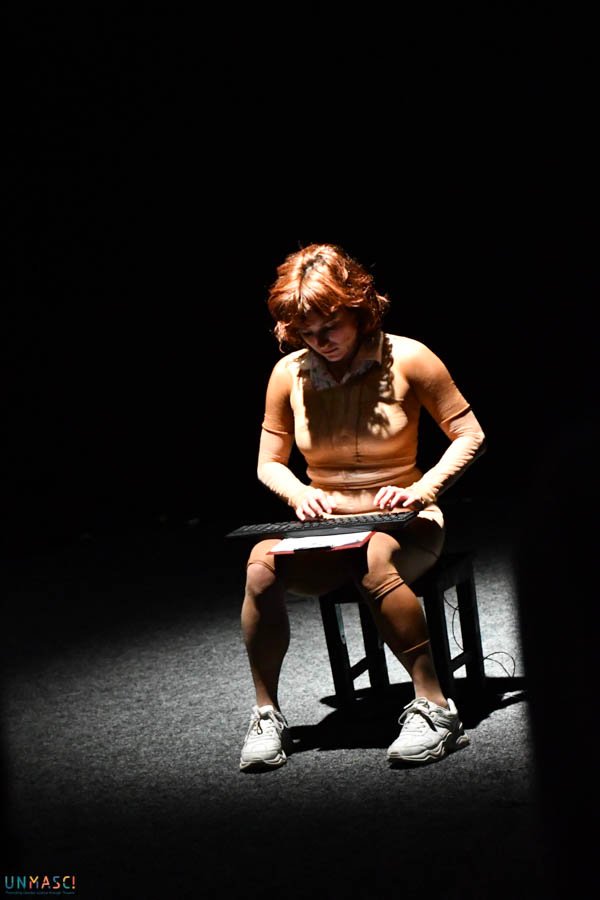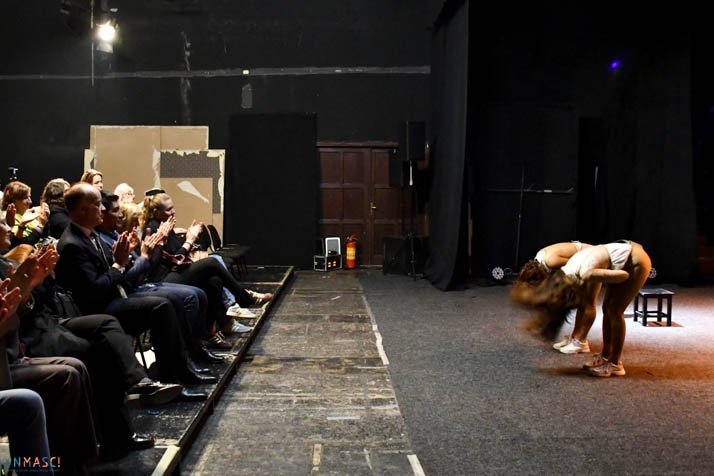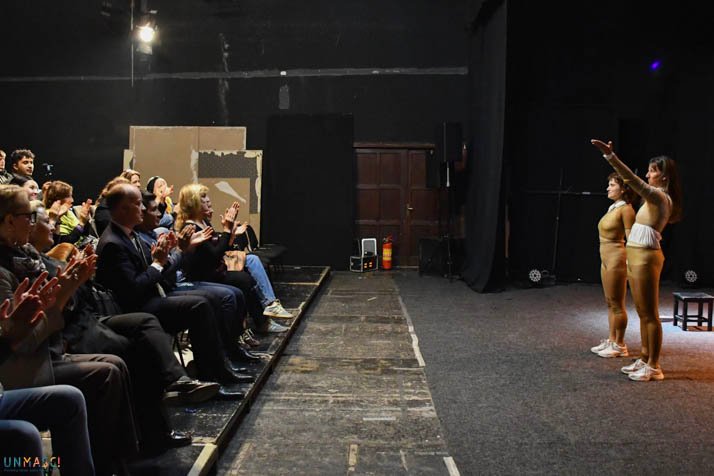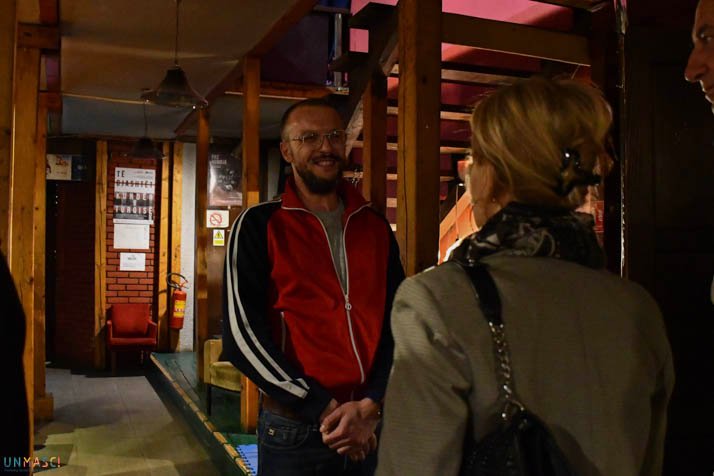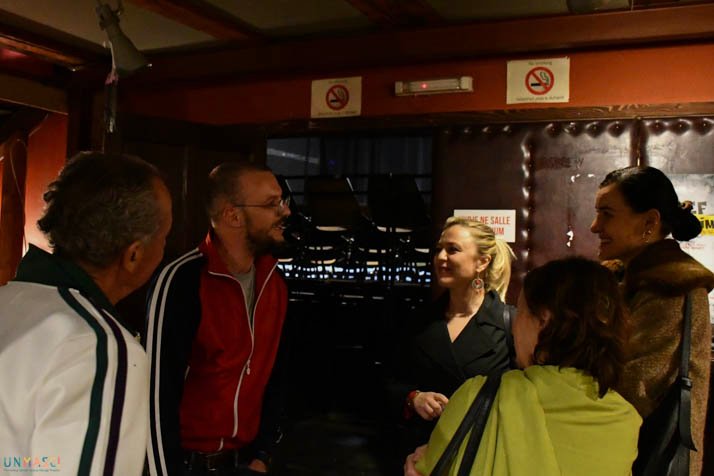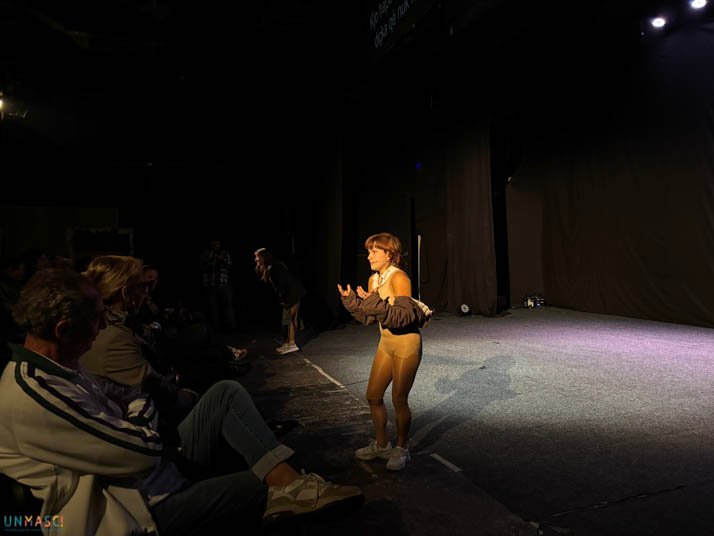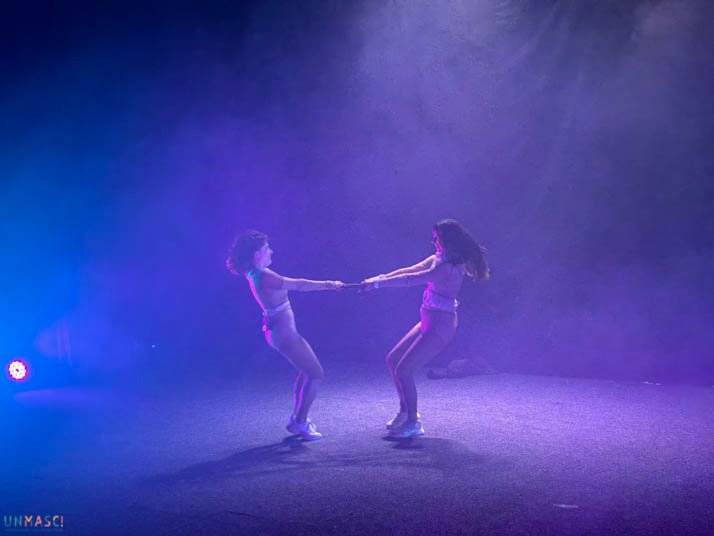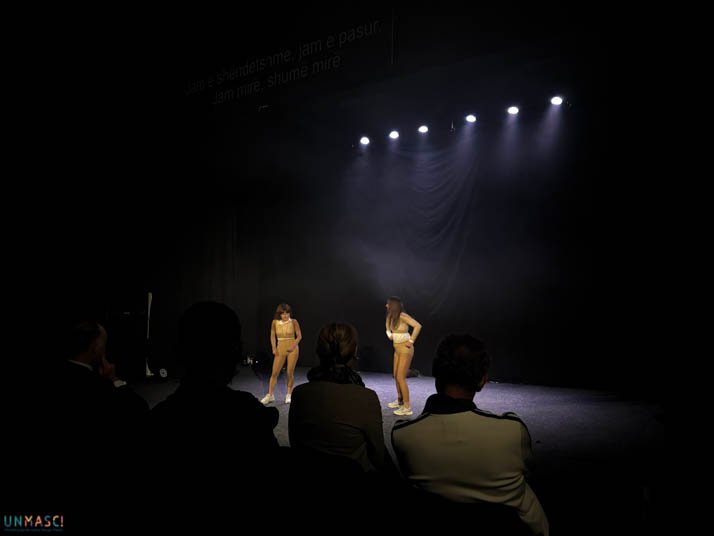
“The Soul” – A Theatrical Journey of Spiritual Healing
April 30, 2025

28.04.2025
Last night, April 28, 2025, the premiere of the play “Dream On” was staged at Oda Theatre in Prishtina, under the direction of Danilo Jovanović—a bold artistic creation that dares to confront the painful and often-silenced realities weighing on the lives of women today.
The performance merged irony, suppressed emotions, and the systematic violence of patriarchy, delving deep into the experience of being a woman in society. It unpacked the insidious pressure to be “gentle,” “polite,” “beautiful,” and “not too emotional.”
From the very first moments, the audience was immersed in a charged emotional atmosphere—created not by exaggerated drama, but by raw honesty, stripped of the social armor women are so often forced to wear. “Why are you crying so much?” “You’re being too dramatic!”—phrases many women hear daily—were echoed on stage to expose how female emotion is mocked and dismissed. This emotional repression, often internalized from childhood, leaves lasting scars on the mental health of girls and women—a theme treated with both sensitivity and sharp irony throughout the play.
Through a fragmented and poetic structure, the characters—portrayed by actresses Helena Araújo and Diana Stecker—journey from the false euphoria of social media, where the pursuit of ideal beauty and “likes” becomes a destructive obsession, to the silent unraveling of a girl who starves herself and runs endlessly in an attempt to become like Lena—the beautiful, famous, and adored friend. It is this relentless pursuit of acceptability—of being “desirable” by external standards—that drives both body and mind to collapse.
These scenes are interrupted by moments in which male voices assert dominance over women: “You can’t even cut cucumbers properly!” “I’m the man in your life!”—lines that feel at once grotesque and painfully real, familiar across cultures. Through these depictions of psychological violence and control, the director centers the everyday oppression many women endure in their relationships—often masked as love or care.
The play reaches its peak with a cold, documentary-style sequence presenting shocking statistics on femicide—the killing of women because of their gender. This final act is a jarring awakening after a dream distorted by romanticization, emotional manipulation, toxic beauty ideals, and systemic violence.
“Dream On” does not offer easy answers, but rather leaves the audience with unsettling questions that linger long after the curtain falls. Built on a minimal visual aesthetic and enriched by dark humor and poetic fragments, the play holds up a mirror to the societal constructs imposed on women—from the forced performance of softness to the deadly silence surrounding femicide.
This theatrical production is part of the UNMASC project—promoting gender justice through theatre, supported by the European Union and BMKÖS.
